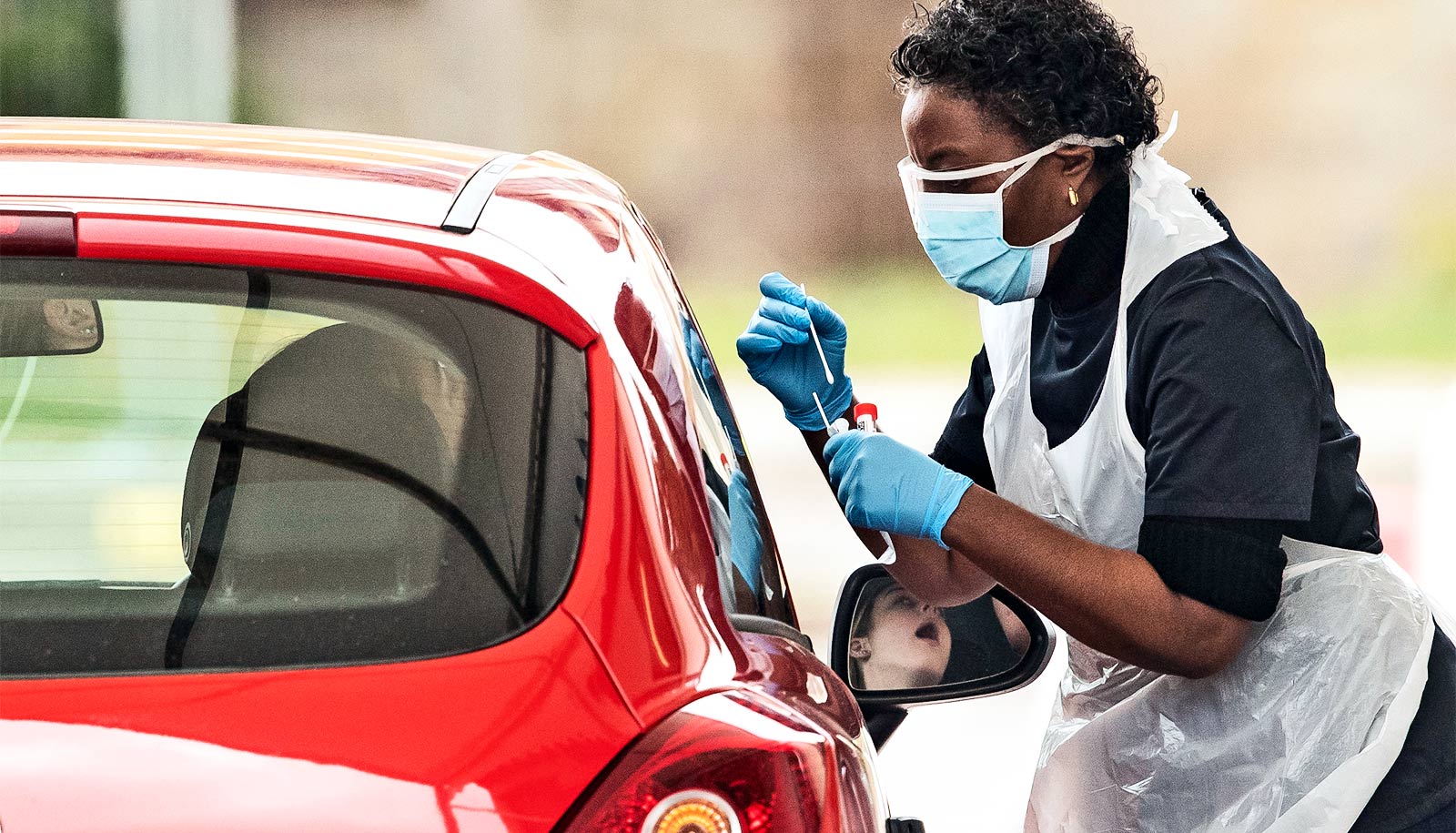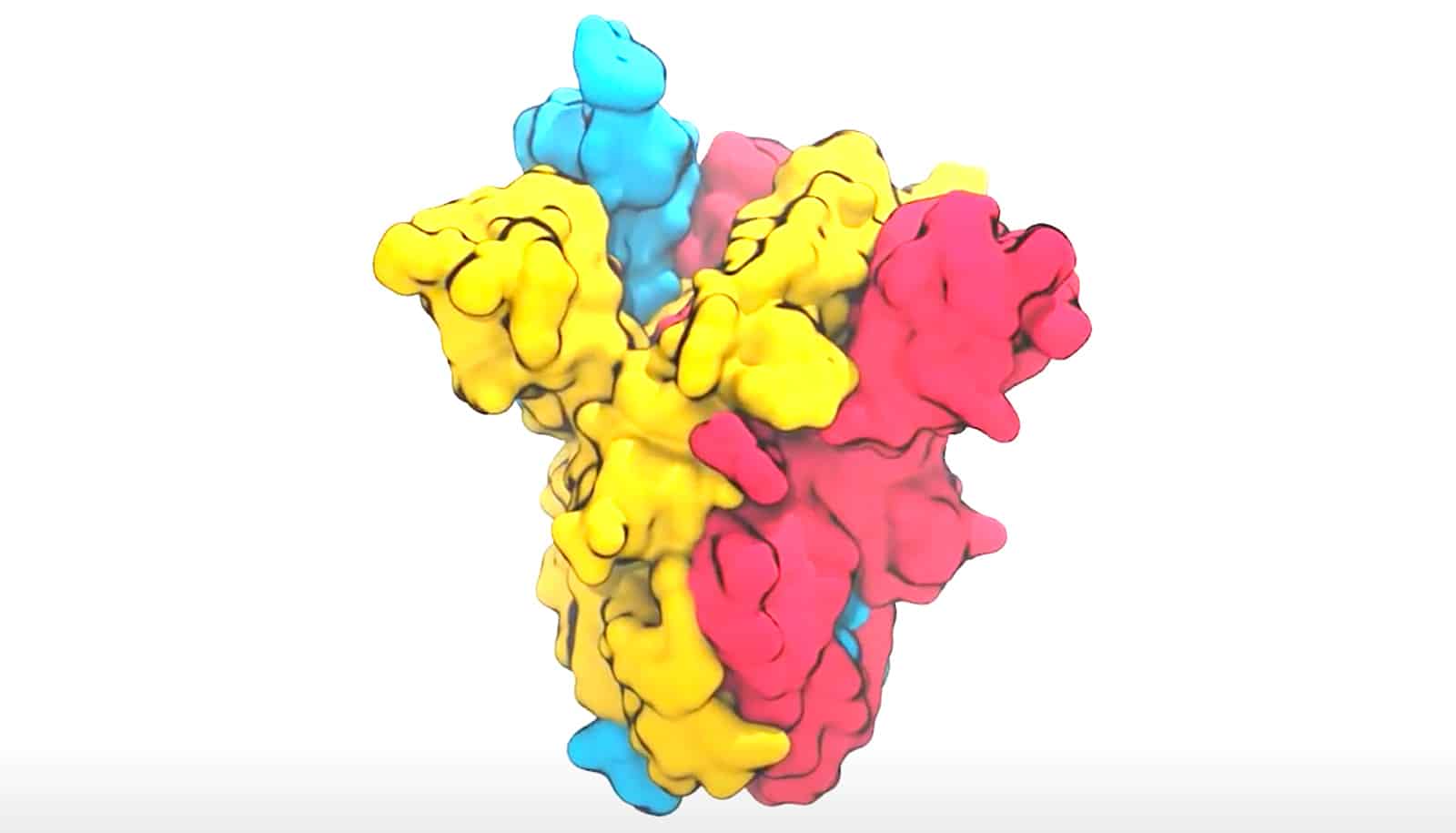Researchers are exploring engineering specific virus-targeting receptors onto a patient’s own immune cells as a way to fight infectious diseases, including COVID-19.
This therapy, which has revolutionized the treatment of patients with cancer, has also been used in the treatment of other infectious diseases such as Hepatitis B virus (HBV), the researchers report in a paper in the Journal of Experimental Medicine.
This therapy involves extracting immune cells, called T lymphocytes, from a patient’s blood stream and engineering one of two types of receptors onto them: chimeric antigen receptors (CAR) or T cell receptors (TCR).
TCRs naturally occur on the surfaces of T lymphocytes while CARs are artificial T cell receptors that scientists generate in the laboratory. These receptors allow the engineered T lymphocytes to recognize cancerous or virus infected cells.
“This therapy is classically used in cancer treatment, where the lymphocytes of the patients are redirected to find and kill the cancer cells. However, its potential against infectious diseases and specific viruses has not been explored,” says lead author Anthony Tanoto Tan, senior research fellow at the Duke-NUS’ Emerging Infectious Diseases (EID) program.
“We argue that some infections, such as HIV and HBV, can be a perfect target for this therapy, especially if lymphocytes are engineered using an approach that keeps them active for a limited amount of time to minimize potential side effects.”
This type of immunotherapy requires specialized personnel and equipment, and it needs to be administered indefinitely. This makes it cost-prohibitive for treating most types of viral infections. However, in the case of HBV infections, for example, current antiviral treatments merely suppress viral replication and cure less than 5% of patients.
Treating these patients with a combination of antivirals and CAR/TCR T cells could be a viable option. The team’s approach using mRNA electroporation to engineer CAR/TCR T cells limits their functional activity to a short period of time, and hence provides enhanced safety features suited for its deployment in patients with chronic viral diseases.
“We demonstrated that T cells can be redirected to target the coronavirus responsible for SARS. Our team has now begun exploring the potential of CAR/TCR T cell immunotherapy for controlling the COVID-19-causing virus, SARS-CoV-2, and protecting patients from its symptomatic effects,” says senior author Antonio Bertoletti of the EID program.
“Infectious diseases remain a leading cause of morbidity and mortality worldwide, necessitating the development of novel and innovative therapeutics. Although immunotherapy is most commonly associated with the treatment of cancer or inflammatory diseases such as arthritis, this commentary accentuates the evolving role of this specialized treatment strategy for various infectious diseases,” says Patrick Casey, senior vice dean for research at Duke-NUS.
Source: Duke-NUS



